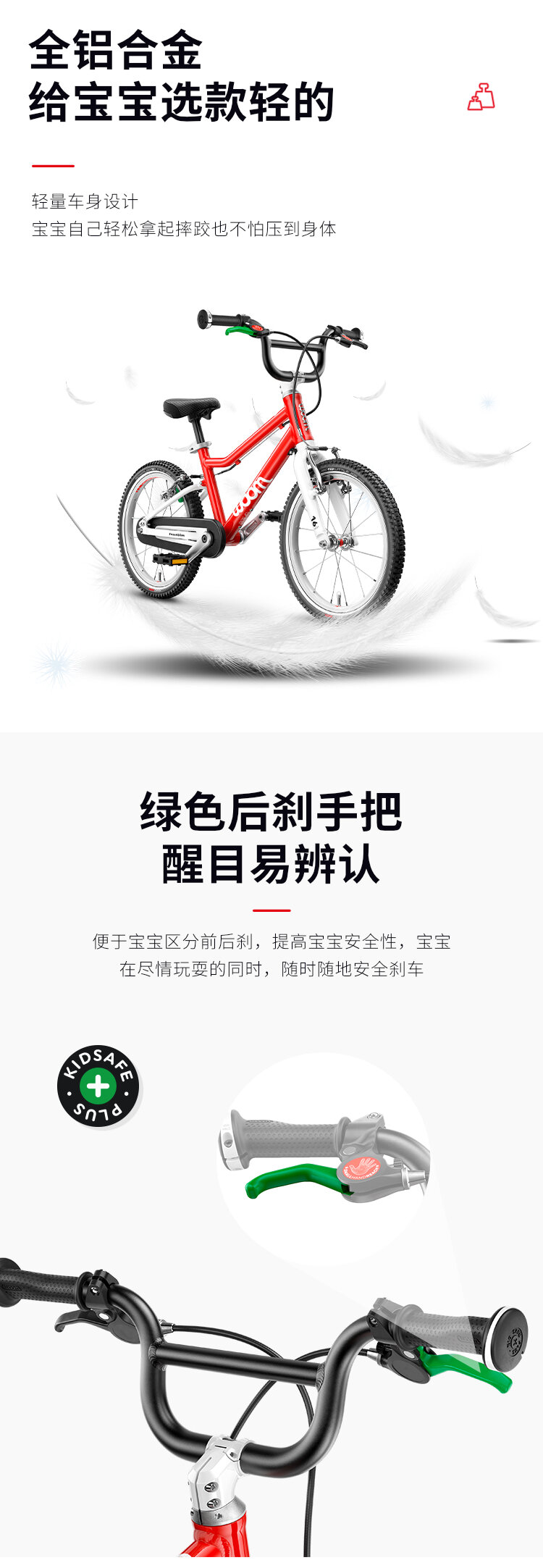How To Open Cross Border Tmall and JD.com Stores
This guide described the process of opening ‘cross-border’ Tmall and JD.com stores. For ‘China-based’ stores please read our guide dedicated to this type of stores here.
Tmall and JD.com are the two most dominant e-commerce platforms in China. Together, they account for 85% of China’s e-commerce market.
It then comes as no surprise that every company serious about selling to Chinese consumers should consider opening their store on either or both of the platforms.
Store location
Both Tmall and JD.com operate two separate sales platforms: China-based and Cross-border stores.
China-based stores
Simply called Tmall and JD.com (or Jindong in full)
Store registered using a Chinese business
Typically done by local distributor, agent, subsidiary or agency
Import and VAT taxes have to be paid before goods enter China
Certain goods have to be certified to be sold on the Chinese market (eg. CCC and FDA certifications)
Require trademark in China
Cross-border stores
Tmall Global and JD Worldwide
Store registered using a foreign business license
Goods shipped to customers from abroad or a bonded warehouse in China
Special tax regime with lower tax rates
Taxes paid only after goods are purchased by customers
Goods don’t have to be certified in China
Require trademark in home country of the applicant only
This guide will describe the registration process for a cross border Tmall store.
While we focus on Tmall, the process and requirements are nearly identical with JD.com.
Tmall Global operates 6 types of stores
Flagship store 品牌旗舰店
Opened by trademark owner. Store sells only one brand of products.
Store-type flagship store 卖场型旗舰店
Trademark owner of offline supermarket chain, store or online B2C website.
Industry flagship store 行业卖场型旗舰店
Operated by offline chain supermarket, store or online B2C website engaged in several industry categories, such as clothing, cosmetics, personal care. If a store needs to sell goods that are not branded, it shall provide a first-level authorization or first-level purchase certificate.
Exclusive store 专卖店
Trademark owner provides permission to open a store to enter the store opened by Tmall Global.
Specialty store 专营店
One store operates two or more brands under the same Tmall Global category.
Galaxy franchise store 银河专营店
Refers to the franchise store of Tmall Global Direct Sales or Tmall Global Brand Flagship Store, without major business restrictions.
The above is a direct translation of the names of categories from Chinese.
Detailed list of store types and relevant policies available on Tmall’s website here.
Foreign companies interested in selling to China are typically the brand owner. As such, flagship store is the default choice offering the highest level of exclusivity. This guide will focus on the process of opening a flagship store from now on.
Invitation
Tmall Global (and JD Worldwide) keep a list of brands they identified as prospective and not yet available on the Chinese market (link). These brands are invited by Tmall staff to join the platform directly.
Companies that weren't invited can start application on this link. independently and go through an extended approval process.
However, many categories do require invitation from Tmall. With this invitation, application can be submitted on this link. Application can be obtained through the embassy, Tmall or Tmall Partner.
Reach out to us to get invited.
Limited entry
In accordance with the policies of the Chinese government, Tmall and JD periodically announce policies limiting opening of stores in certain categories.
Requirements
Not only are the entry requirements to open a Tmall Global and JD Worldwide stores more strict compared to the China-based Tmall and JD.com, the platforms can decide whether to allow merchants to join the platform based on subjective criteria.
The applicant is required to provide the following:
Non-Chinese/English documents must be submitted in Chinese or English
Company registration documentation
Statement of the authorized representative allowing store opening
ID or passport of the authorized representative
Overseas bank account certificate or bank statement
Trademark registration certificate (Chinese or foreign trademark certificate)
Certain categories accept notice of acceptance of trademark registration (ie. filed application for trademark)
Certain categories require a certificate of trademark registration (ie. registered trademark)
If the main company of the store is not the trademark holder, it is necessary to provide exclusive authorization issued by the trademark holder
Tmall groups products into categories and requirements differ slightly by category, For example, selling drugs and cosmetics requires store owner provide lab results and FDA certification. Full up-to date list is available on Tmall’s website here.
In addition to the documents listed above, the applicant is required to provide a business plan. This plan must introduce the company, its products, global sales, manufacturing capacity, history, growth, plan for sales in China, projections, budget, implementation team and other relevant information.
As the final decision whether a company is granted the permission to open its store on the cross-border e-commerce platforms, it is vital to spend extra time on preparing the business plan.
Online application
Submit required documents
Select store type and category
Fill in brand information
Fill in company information
Pick store name
Picking name
The naming regulation strictly prescribes the following:
Store name: Brand name from trademark registration + (Category) + “Oversea flagship store”
Domain name: English or Chinese brand name
Full list of requirements on Tmall’s website here.
Audit
7 workdays
Brand evaluation
Tmall will assess the strength of the business and the brand
Brand positioning: style, audience and unit price
Brand management strength: the establishment date of the brand, offline operation (stores, turnover in recent year, foreign trade and export volume and other), operation on Taobao or other platforms
Brand characteristics
Corporate strength: factory, enterprise awards, operation plans and other information
Content of Qualification Audit
Valid qualification
The scale meets the entry requirements
Valid authorization
Complete production, business scope and product safety qualification, complying with the requirements of the state administrative law
Warehouse must meet set requirements
Basic set up
Set a password
Fill in mobile phone number and email address
Setup bank account
Complete the store information
Pay deposit and annual service fee
Fee structure
Deposit
Amount varies by category
Standard deposit for flagship stores: 50 000 CNY
Standard deposit for other types of stores: 50 000 - 150 000 CNY
Additional deposit for brands without a registered trademark: 100 000 CNY
Stores in special categories: 300 000 - 800 000 CNY (eg. instant formula, dietary supplements)
Paid in advance
Refundable in the case store is close down
Its purpose is to provide refund to customers automatically
Annual fee
10 000 - 60 000 CNY (amount varies by category)
Paid in advance
If store meets revenue targets set by Tmall, fee will be partially or fully refunded
Sales commission
2-5% (amount varies by category)
Deducted automatically with every purchase
Additional 1% charged by Alipay (payment provider) with every purchase
Fees charged by JD Worldwide are largely identical.
Complete fee structure available on Tmall’s website here.
Logistics
Whereas merchendize sold on standard China-based Tmall and JD.com stores can be stored anywhere the store operator chooses, cross-border stores are required to adhere to special rules. Goods can be shipped to customers from abroad (typically Hong Kong) or a bonded warehouse in Mainland China.
Goods stored in a bonded warehouse have not yet been declared as imported to China and taxes will need to be paid only after they are purchased and shipped to customers.
Tmall and JD.come operate their own warehouse and delivery businesses that can be picked to handle the shipping seamlessly. The storage and shipping fees for cross-border stores are typically twice as high compared to comparable solutions for China-based stores.
Taxation
Taxes are calculated based national tax policies and automatically paid after a customer purchases goods on the store. Compared to standard import to China, overall taxation is lower.
Store design and set up
Store homepage
Product pages
Warranty and returns
Store structure
Designate logistics provider
Setup customer service
Upload products, images, prices, available stock and other relevant information
Chinese e-commerce is different.
While western e-commerce platforms aim for simplicity, stores on Tmall and JD.com are expected to provide intricate designs. Every product page has to be individually designed in PhotoShop (or similar) by a professional designer in order to keep up with the competition.
Texts, images and videos are all expected to be presented in a way the Chinese customers are used to.
This process can be tedious for new brands to China and we recommend starting preparations well in advance to avoid launch delays.
Launch
Ensure store meets minimum stock requirements (link)
Follow the steps in the video below
Operation
Every store automatically receives assessment score based on its performance. Some of the key performance indicators are sales, customer service response time, positive/negative customer reviews, indicated stock, participation in sales events and ad spend. Stores with poor score will be notified by the platform. If the overall rating doesn't improve in time a set period, store may be automatically closed down.



